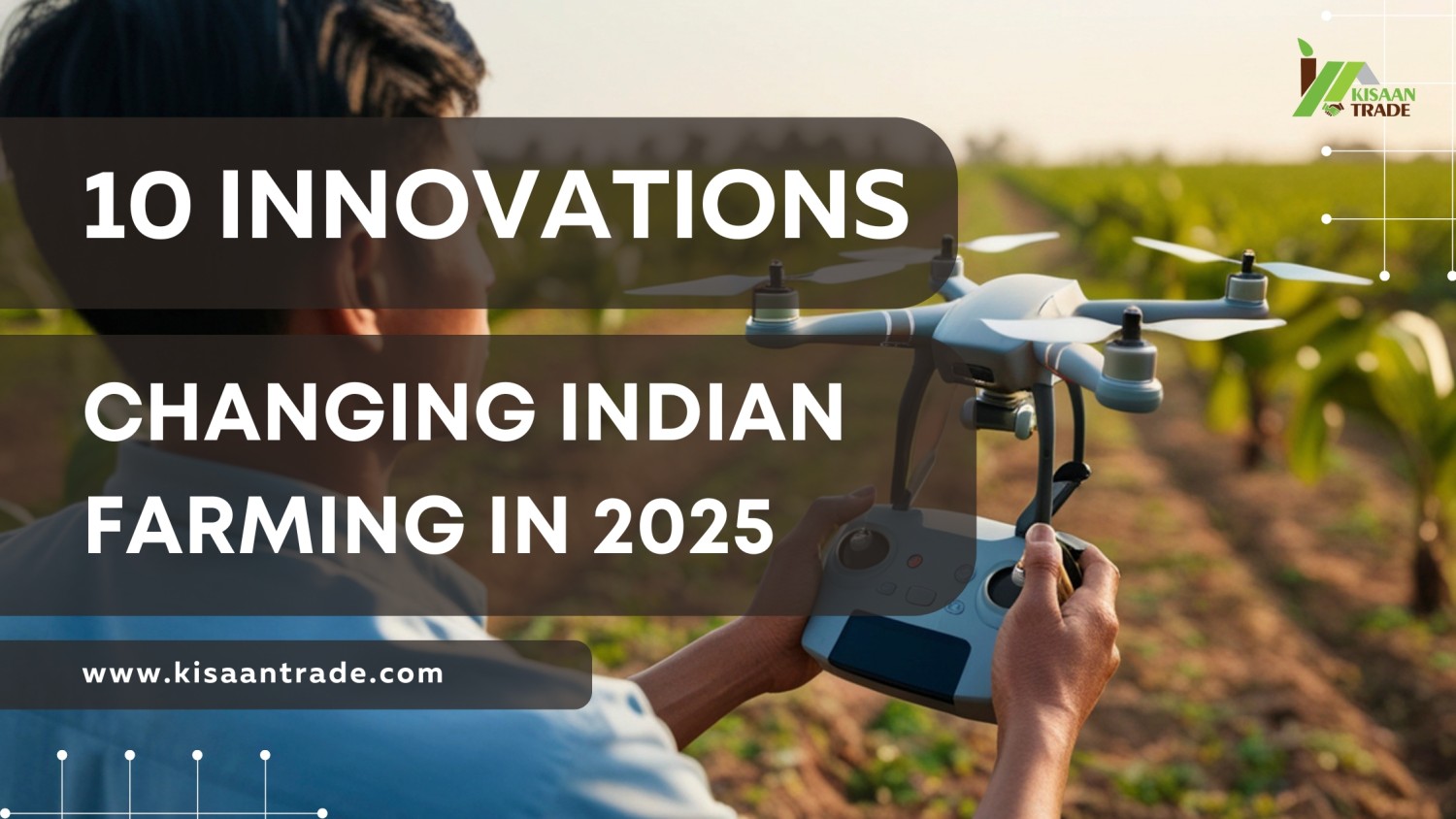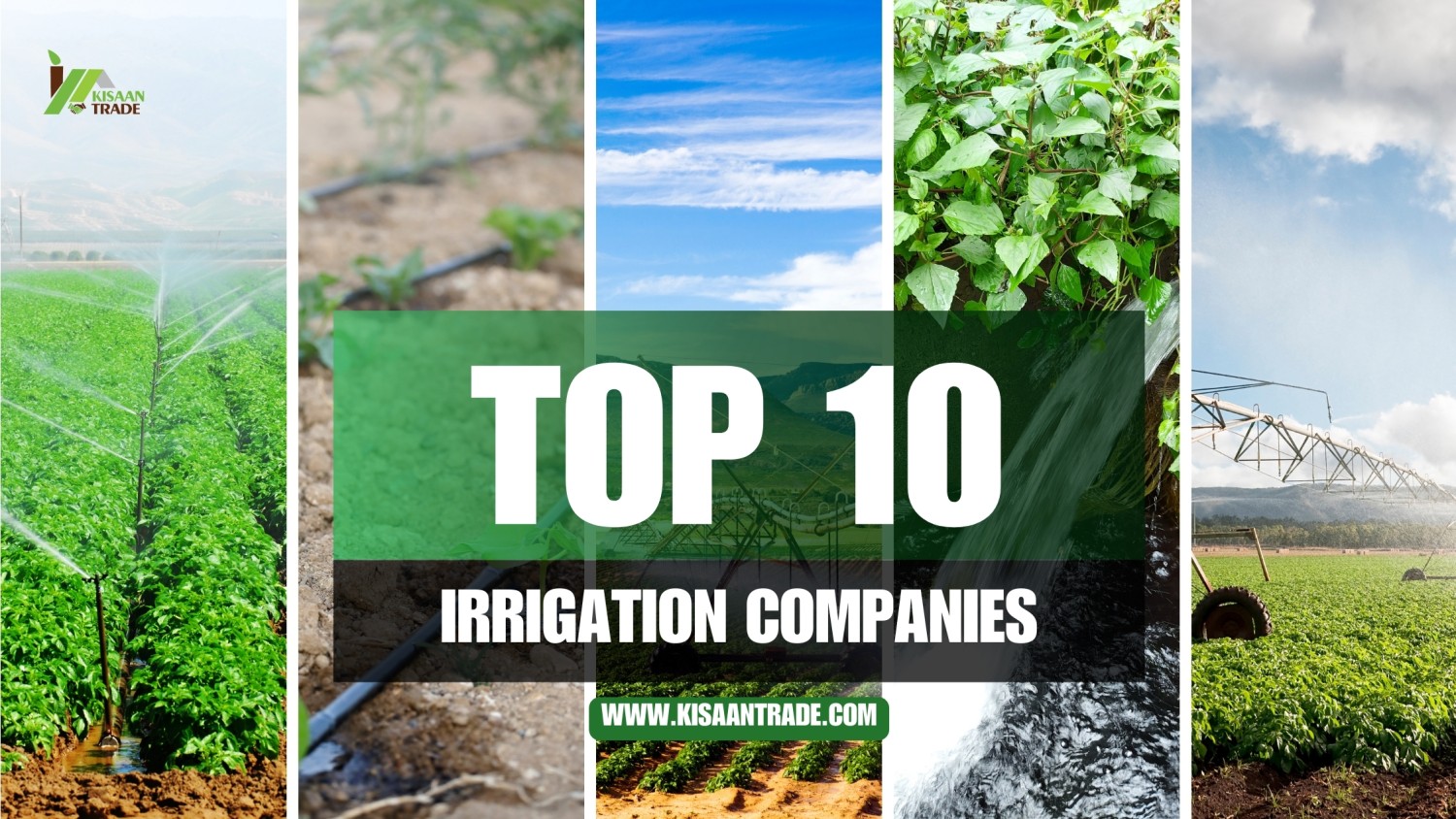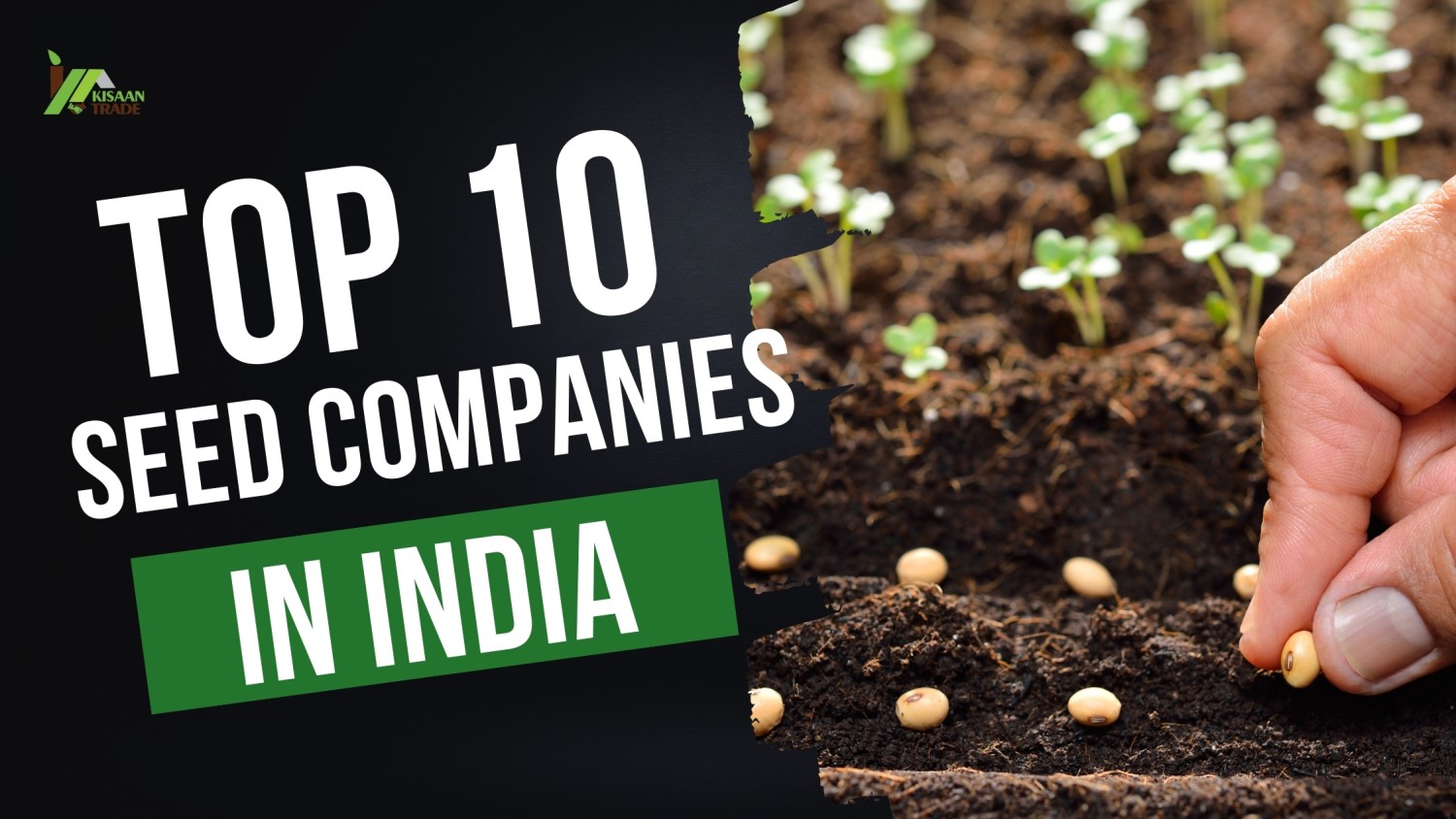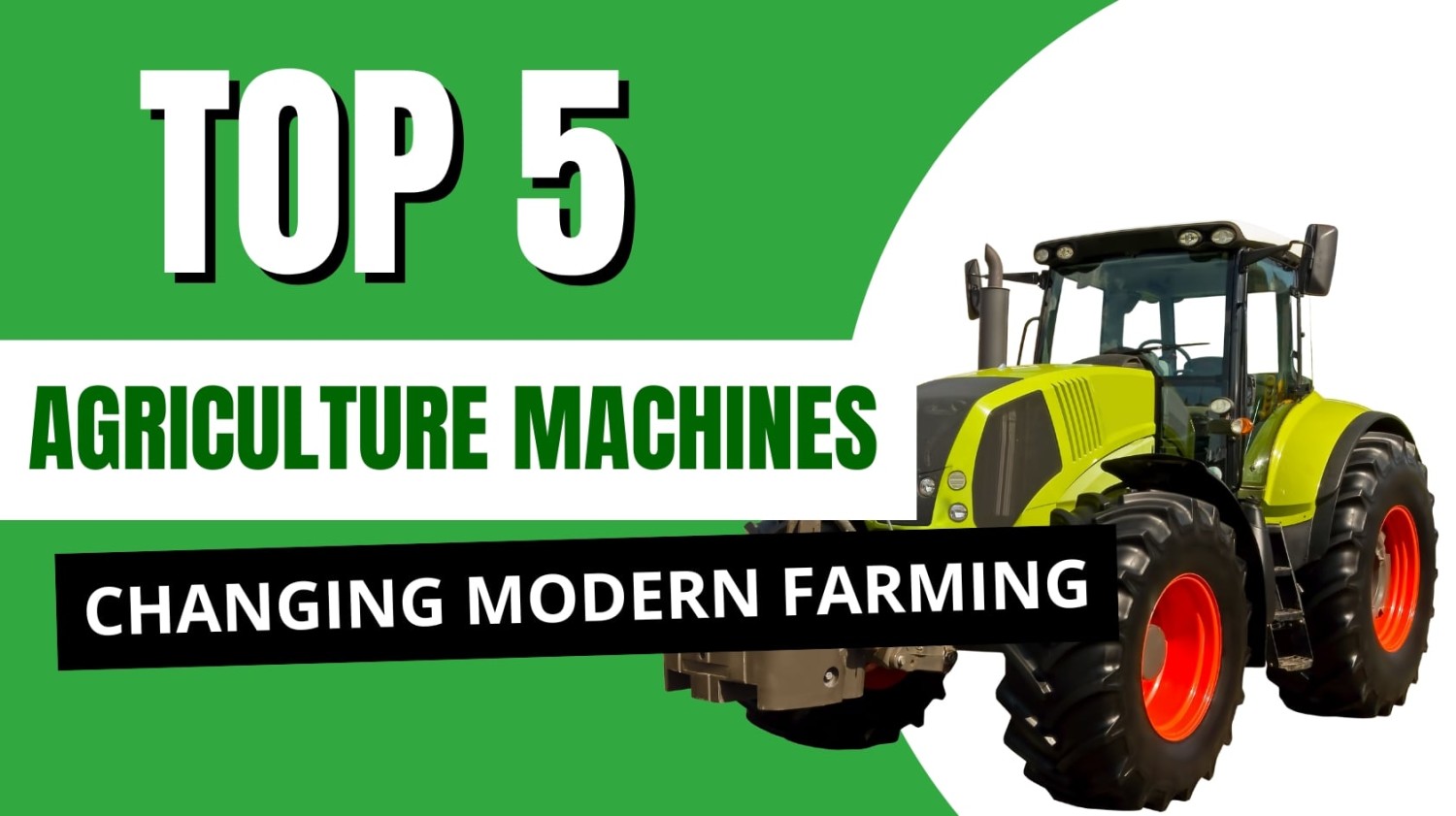Top Seeds for 2024 – Get Great Harvests with These Varieties
Jul 11, 2024
Seeds
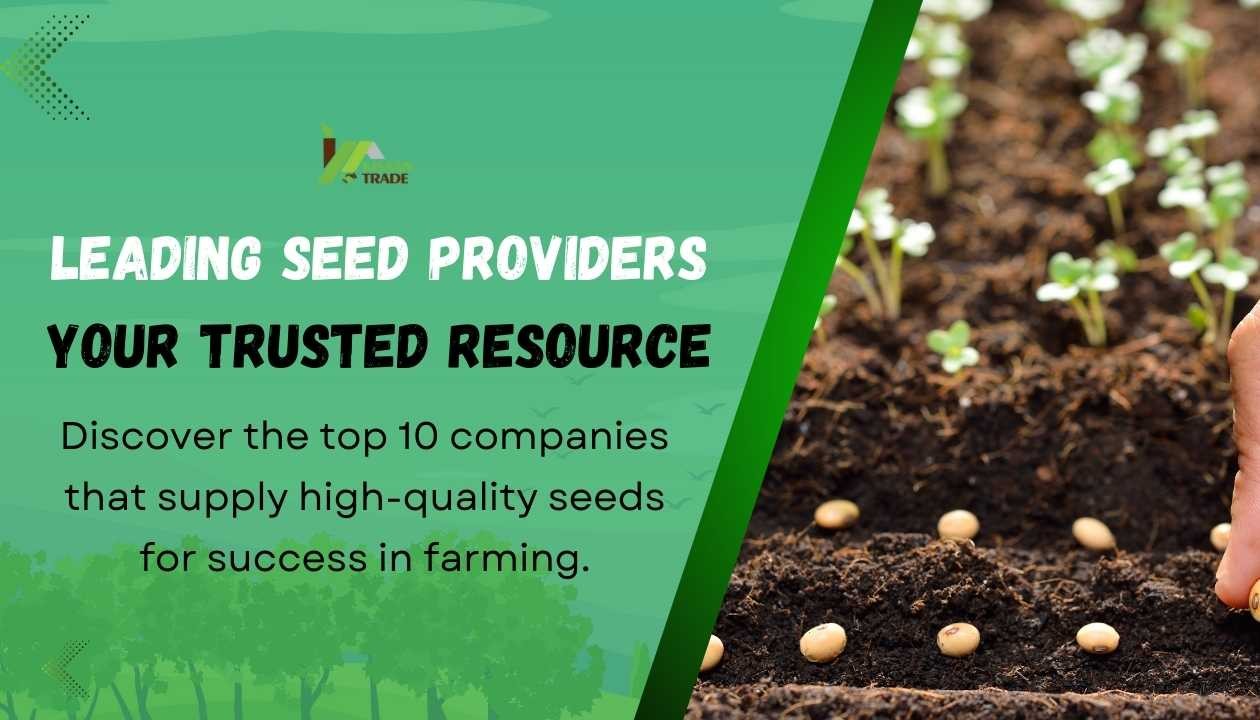
As the field of agriculture continues to evolve, selecting the right seed varieties has become more important than ever to obtain a good harvest. With advances in agricultural technology and breeding techniques, new seed varieties are being introduced that promise higher yields, better resistance to diseases, and better adaptability to climate change.
Choosing the right seeds is a fundamental decision that can significantly impact the success of a farming season. The right seed variety can lead to increased yields, enhanced crop quality, and better resistance to pests and diseases.
The Importance of Selecting the Right Seed Varieties
Yield Potential
The primary goal of any farmer is to obtain high yields. Modern seed varieties are formulated to maximize yield potential under a variety of conditions. By selecting seeds that are suited to your specific growing environment, you can substantially increase your chances of a successful harvest.
Disease and Pest Resistance
Pests and diseases can devastate crops, causing significant losses. Improved seed varieties are developed to be resistant to common diseases and pests, reducing the need for chemical intervention and promoting healthier crops.
Climate Adaptability
Climate change presents new challenges for agriculture, with unpredictable weather patterns affecting crop performance. Seed varieties designed for climate resilience can withstand extreme weather conditions, ensuring stable yields.
Quality and Nutritional Value
Along with yield, the quality and nutritional value of crops are important factors. High-quality seed varieties can produce crops with better taste, longer shelf life, and higher nutritional content, which meet consumer demands and improve their sales in the market.
Key Factors to Consider When Choosing Seeds
Soil Type
Different seed varieties perform better in specific soil types. Understanding your soil composition and choosing seeds that suit it can improve crop performance.
Climatic Conditions
Consider the climatic conditions in your area, including temperature, rainfall, and frost dates. Choose seed varieties suited to these conditions to ensure optimal growth and yield.
Crop Rotation
If you practice crop rotation, consider how the new seed variety will fit into your rotation plan. Some crops are better suited to following certain crops in a rotation cycle.
Market Demand
Selecting seed varieties that produce crops in high demand can improve your profitability. Research market trends and consumer preferences to choose varieties that sell well.
Detailed Overview of Top Seed Varieties for 2024
1. Hybrid Corn Varieties
Hybrid corn varieties have been at the forefront of agricultural innovation. In 2024, new hybrid varieties offer improved yield potential, disease resistance, and adaptability to different soil and climate conditions.
- Pioneer® P1464XR: Known for its high yield potential and resistance to common corn diseases such as Northern Corn Leaf Blight and Gray Leaf Spot. It performs well in a wide range of soil types and has strong stalks to withstand harsh weather.
- Dekalb® DKC66-75: This variety is designed for excellent performance in high- and low-rainfall areas. It offers strong drought tolerance and resistance to rootworm and ear rot.
2. High-Yielding Soybean Varieties
Soybean is a versatile crop that has great demand in the market. The latest soybean varieties are engineered for high yield and improved resistance to pests and diseases.
- Asgrow®AG34X6: A high-yielding variety with excellent resistance to soybean cyst nematode and sudden death syndrome. It is also tolerant to dicamba and glyphosate herbicides, making weed management easier.
- NK®S38-E3: Known for its high yield potential and resistance to Phytophthora root rot. This variety also performs well in variable soil conditions.
3. Disease-Resistant Wheat Varieties
Wheat is a major crop worldwide, and new varieties are focusing on improving disease resistance and yield stability.
- Syngenta®SY Smarak: This variety offers strong resistance to stripe rust and fusarium head blight, two major wheat diseases. It also has excellent grain quality and high yield potential.
- Westbred®WB4303: Known for its adaptability to different soil types and climates, this variety offers strong resistance to leaf rust and powdery mildew.
4. Nutritious Rice Varieties
Rice is a vital crop for food security, and recent advances have led to the development of varieties with higher nutritional value and improved yield.
- IRRI®Golden Rice: Genetically enhanced to contain beta-carotene, a precursor of vitamin A, this variety addresses nutrient deficiencies in populations that rely heavily on rice as a staple food.
- BASF®Provisia™ Rice: This variety offers high yield potential and resistance to herbicides, making it easier to manage weeds without affecting the crop.
5. Versatile Tomato Varieties
Tomatoes are a high-value crop, and new varieties focus on improving yield, taste, and disease resistance.
- Sakata®Red Bounty: This variety is known for its high yield and resistance to tomato yellow leaf curl virus and fusarium wilt. It produces large, tasty fruits that are suitable for the fresh market and processing.
- Syngenta®Roma VF: Ideal for processing, this variety offers resistance to verticillium wilt and fusarium wilt, ensuring consistent yields and high-quality fruit.
6. Resilient Potato Varieties
Potatoes are another staple crop that is in great demand globally. New varieties are bred for higher yields and resistance to pests and diseases.
- HZPC®Innovator: Known for its high yield potential and resistance to common potato diseases such as late blight and nematodes. It is also suitable for long-term storage.
- CIP®Canchan-INIA: This variety offers strong resistance to late blight and produces high yields even under challenging growing conditions.
Tips for Optimizing Seed Performance
Soil Preparation
Proper soil preparation is critical for seed germination and growth. Make sure your soil is well-draining, has the right pH level, and is free of weeds and debris.
Planting Depth and Spacing
Follow the recommended planting depth and spacing for each seed variety. Proper spacing ensures that plants have enough room to grow and access nutrients.
Irrigation Management
Give your crops adequate water, especially during critical growth stages. Avoid over-irrigation, which can lead to waterlogging and root diseases.
Fertilizer
Use the right type and amount of fertilizer based on soil tests and crop needs. Balanced fertilizer promotes healthy plant growth and higher yields.
Pest and Disease Management
Monitor your crops regularly for signs of pests and diseases. Use integrated pest management (IPM) techniques to reduce chemical use and promote a healthy ecosystem.
Future Trends in Seed Technology
Genetic Engineering
Advances in genetic engineering are leading to the development of crops with improved traits such as drought tolerance, pest resistance, and improved nutritional content. These traits can help farmers obtain higher yields and better-quality crops.
CRISPR Technology
CRISPR gene-editing technology allows precise modifications to crop genomes, making it possible to develop varieties with specific desirable traits. This technology is very promising for the future of crop improvement.
Sustainable Breeding Practices
Breeding programs are increasingly focusing on sustainability, developing varieties that require fewer inputs and are more resilient to environmental stresses. This approach promotes long-term agricultural sustainability and food security.
Digital Agriculture
The integration of digital tools and data analytics in agriculture is changing the way farmers select and manage their crops. Tools such as remote sensing, predictive analytics, and IoT devices provide valuable information that helps optimize crop performance and increase yield.
Conclusion
Selecting the right seed varieties is a crucial step to getting a great harvest. Top seed varieties offer superior yield potential, disease and pest resistance, and adaptability to different climatic conditions. By understanding the key factors to consider when choosing seeds and following best practices to optimize seed performance, farmers can maximize their crop yields and ensure sustainable farming practices.
As the agriculture sector continues to evolve, it is essential to stay informed about the latest advances in seed technology. Adopting these innovations can help farmers meet the growing demands of food production while promoting environmental sustainability and economic viability. By investing in the right seeds and adopting modern farming practices, you can get the best harvest and contribute to the future of sustainable agriculture.
Recent Posts
Montra E-27: India’s First ARAI-Certified E-Tractor
Dec 09, 2025
Top 5 Agriculture Machines Changing Modern Farming – Which One is Best for You?
Sep 17, 2025
Agri Machinery & Tools


